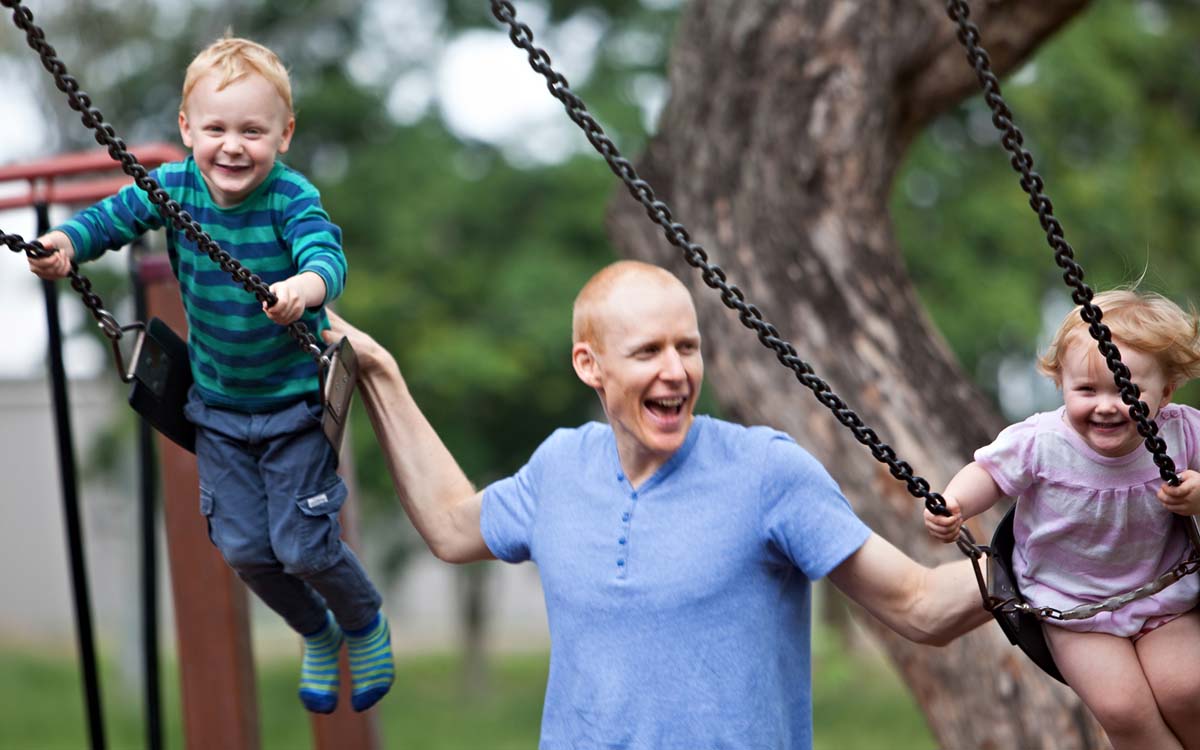When entering the phrase ‘mental health burnout’ in a search engine, 2,910,000 results showed up. When I clicked on the ‘scholarly link’, another 83,600 results appeared, suggesting a colossal field of research attempting to understand mental health burnout.
The professionals working to support clients with mental health issues are themselves increasingly developing symptoms of mental health burnout – this does not make sense and is in fact downright scary!
What follows are some research findings shared in one of the scholarly journals.
The longer someone works in the mental health field –
- The less they liked working with clients
- The less successful they felt with their clients
- The less humanistic were their attitudes toward mental illness[i]
My personal experience as a student and employee in the university setting as well as in the clinical environment is that:
Those who have been in the field of mental health the longest are also those who – train, supervise, mentor and support those who are just starting out or have been in the field for a shorter time. And thus, is there any hope for the mental health field when those who are no longer humanistic towards mental illness, who don’t enjoy working with patients and don’t feel successful, are training and supporting our future mental health workers? Or does this scenario guarantee an ongoing and never-ending epidemic?
Two questions need to be asked:
- Have the people working in the mental health field come up with a way of somehow putting up with and ‘managing’ their own mental health in all aspects of their life, including their daily work?
And… - Has this way of ‘managing’ led to the enormous rise in burnout among mental health professionals?
And if so, is there another way?
What if mental health workers were taught and supported differently?
- To support, love, care and nurture themselves. Then and only then are they able to truly offer support to others.
- We can only change ourselves … we can inspire and support when a person chooses to ‘change themselves’ but only if we live in a way that is truly supportive for ourselves first.
- It is not about fixing a person, rather being there to support them while they heal in their own time, according to their agenda and in a way that is best for them. The mentality of ‘I need to fix them’ guarantees failure and most likely increases the chance of burnout.
- A client’s behaviours are often the result of undealt with hurts and these hurts are masking their amazing being. Understand and deal with the hurts and the amazing being will come to the fore!
- Sympathy, empathy, comparison and judgment are harmful – to both the client and the worker. They are harming because they allow the client to bury their hurts which then cause havoc in their body. When the therapist understands that these behaviours are a result of their ‘buried and undealt with hurts’, they can offer an opportunity for the client to take responsibility and truly clear the hurts from the body. Understanding will support the client and the mental health worker equally!
- The root causes of most of our problems/issues/hurts are rejection, lack of self-worth and self-loathing. That goes for all of us – workers, support staff and clients alike!
- If a client feels that you connect with them and truly meet them first, not out of sympathy but for the amazing being they naturally are, they will feel safe, supported and the rest will unfold from there.
- What all human beings want most is to be loved and to love (clients and workers alike).
- Everyone, clients and staff alike, have a beautiful, amazing, loving and awesome essence at the core of their being.
This essence is more important than any behaviour you may see from the client, whether relatively mild or extreme … connect with their essence and you connect with the person they naturally are!
I have been trained and have worked in the field of mental health for over 20 years now and it was not until I had been taught these points above that I was able to truly support clients without harming myself in the process.
Imagine if we were all taught this in our initial training and as practitioners we then lived by these principles? Mental health burnout in mental health professionals would be virtually non-existent.
Prior to this awareness I was a prime candidate for burnout! Those nine points have made a huge difference to the way I work and how I now feel. I am –
less stressed
nowhere near burnout
open to my clients
And also, I have a lot more energy and I enjoy going to work every day.
I can say that the longer I work in the mental health field –
The more I like working with clients
The more successful I feel with them
The deeper my understanding has become
The more humanistic my attitudes are towards mental illness
There truly is another way.
References:
- Reference: D Prosser, S Johnson, E Kuipers, G Szmukler… – The British Journal of Psychiatry, 1996 – RCP; Mental health,” burnout’ and job satisfaction among hospital and community-based mental health staff; American Psychological Association.







